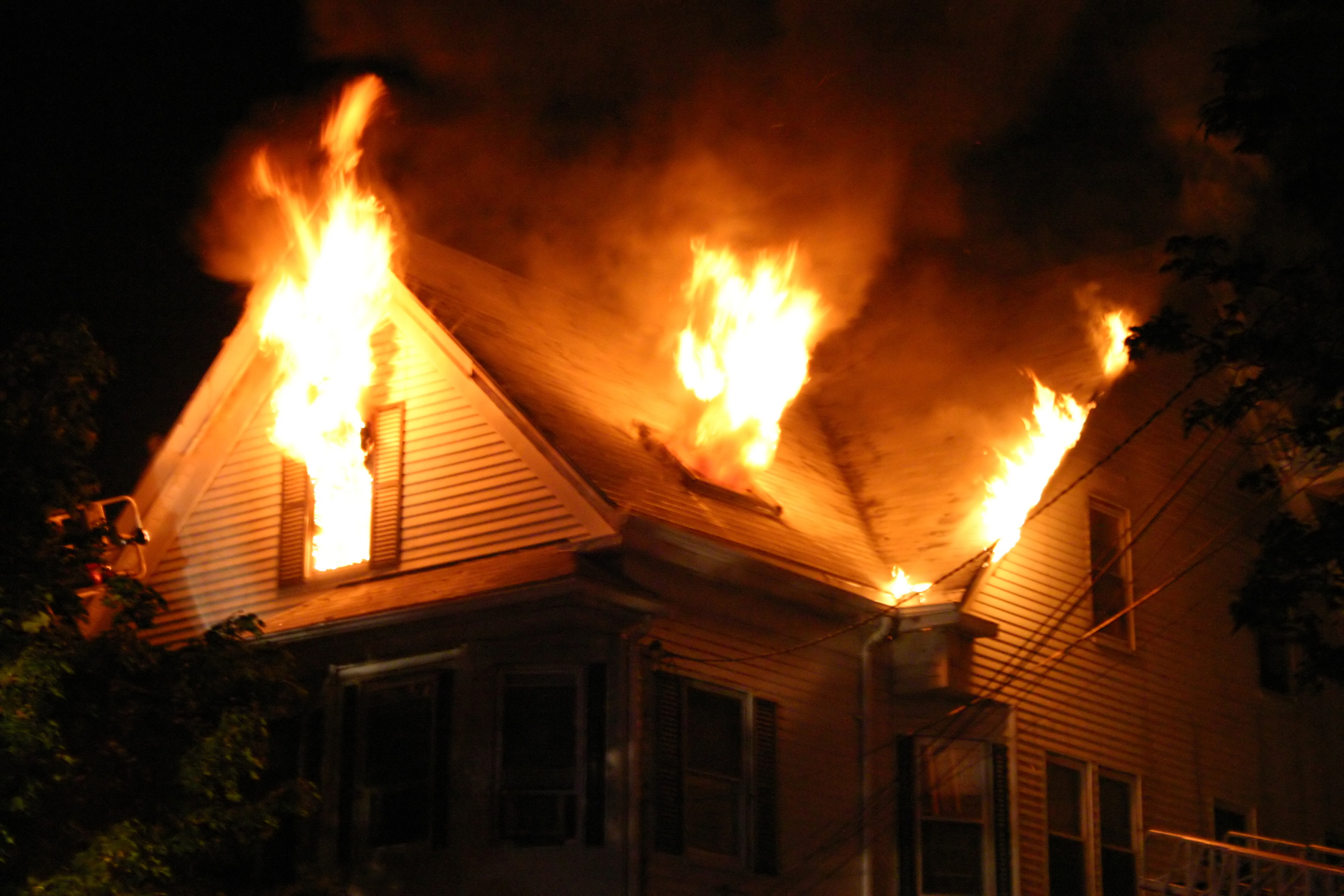
 Have you heard of the Great Chicago Fire? It started on October 8, 1871, causing catastrophic destruction and loss. Because of this tragedy, Fire Protection Week (FPW) is observed annually during the week of October 9th. The National Fire Protection Association (NFPA) started sponsoring this public observance in 1922 and is celebrating the 100th anniversary of Fire Protection week by diving into the importance of advance planning. This year’s campaign is “Fire won’t wait. Plan your escape.”
Have you heard of the Great Chicago Fire? It started on October 8, 1871, causing catastrophic destruction and loss. Because of this tragedy, Fire Protection Week (FPW) is observed annually during the week of October 9th. The National Fire Protection Association (NFPA) started sponsoring this public observance in 1922 and is celebrating the 100th anniversary of Fire Protection week by diving into the importance of advance planning. This year’s campaign is “Fire won’t wait. Plan your escape.”
Modern homes burn much faster than they used to due to several factors, and it’s likely you have less than two minutes to escape—compared to 17 minutes in older homes. Follow these steps to ensure you and your family are prepared as soon as you hear that first smoke alarm sound:
- Draw a map of all the rooms in your home.
- Mark two exits from each room (usually a door and a window), then mark a path from each exit to the outside.
- Add the location of all smoke alarms in your home.
- Choose an outside meeting place where everyone will meet upon exiting.
- Call 911 once safely outside.
It’s crucial to practice your escape plan twice a year and to ensure everyone in the family understands the importance of fire safety and prevention. An easy way to remember to practice your escape drills is “E.D.I.T.H” – Exit Drills In The Home.
In addition to having an escape plan, it’s important to make sure there are smoke alarms in every bedroom, outside of the sleeping areas/hallways, and on each level (including the basement) of your home. Smoke alarms should not be put in bathrooms and should be installed at least 10 feet from cooking equipment in kitchens to lessen “false/nuisance alarms.” NFPA also emphasizes the need to change smoke alarm batteries at least twice a year. A great way to remember to change the batteries in your smoke alarms is to do it when you change your clocks for the start and end of daylight savings time. The exception to this rule is if you have a newer 10-year lithium-powered smoke alarm, where instead of changing out the batteries twice a year, the entire alarm should be replaced after 10 years from the manufacture date. However, no matter what type of smoke alarms you have, be sure to replace them every 10 years.
Additionally, remember to “Close Before You Doze” which is a public fire safety education program as a result of over a decade of research conducted by UL’s Fire Safety Research Institute (FSRI). A closed bedroom door could potentially save lives in a fire.
Check out the NFPA’s Home Escape Plan Grid and Family Action Plan Guides here, available in both English and Spanish, to get started.

